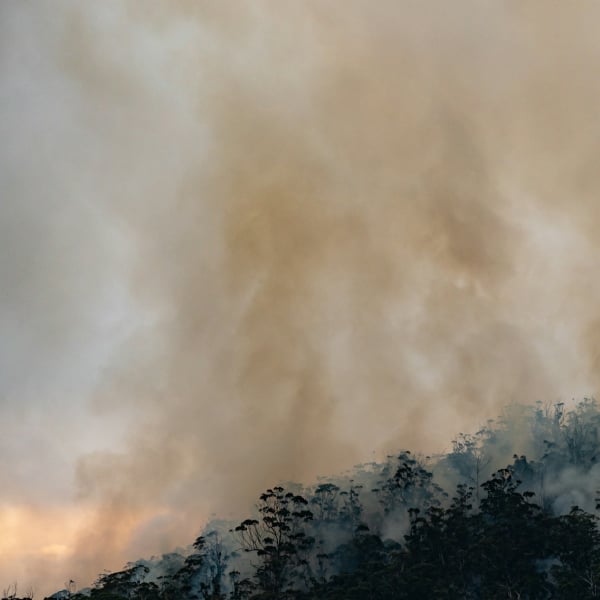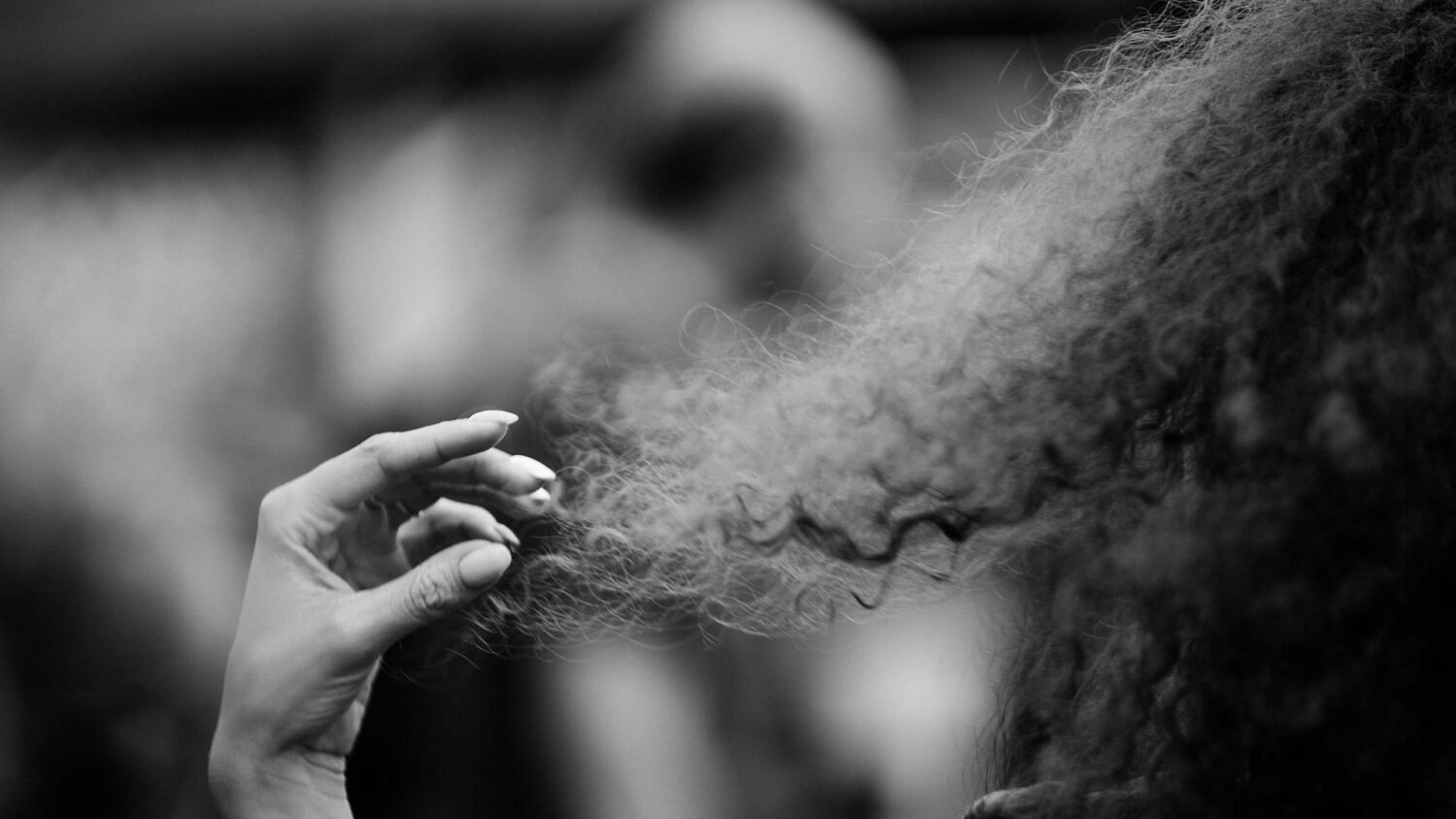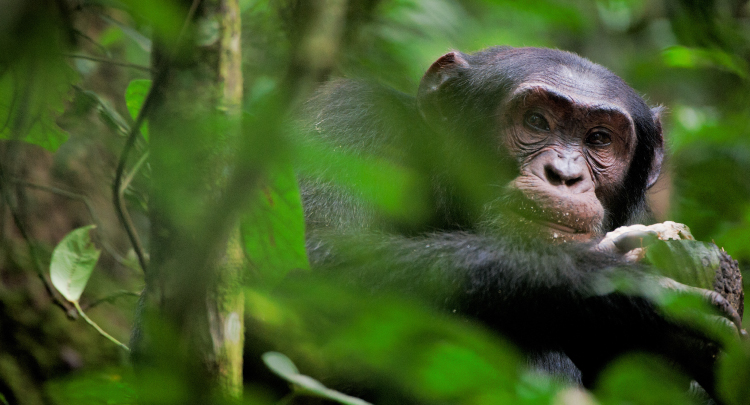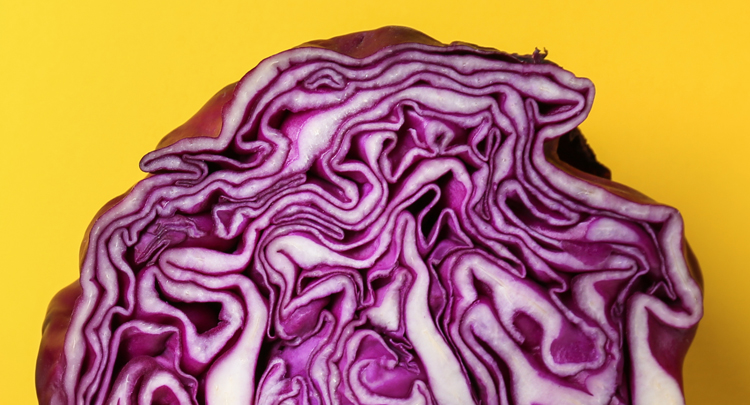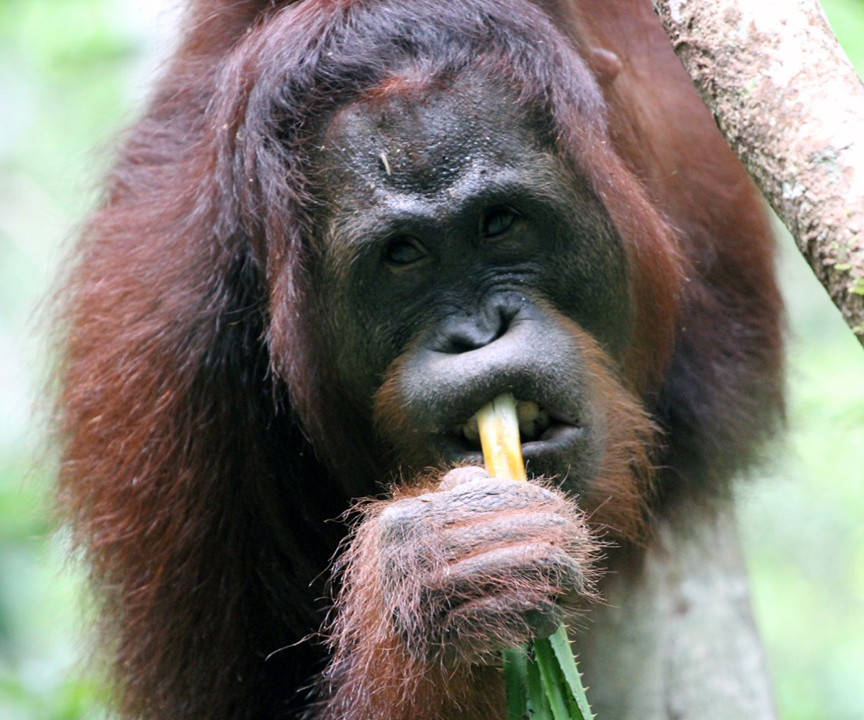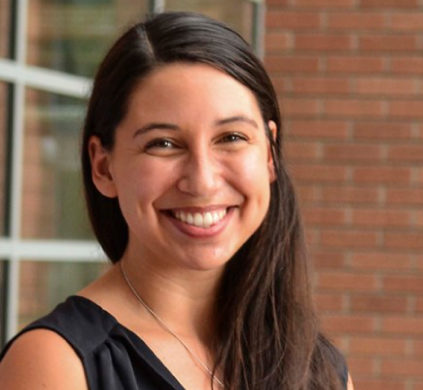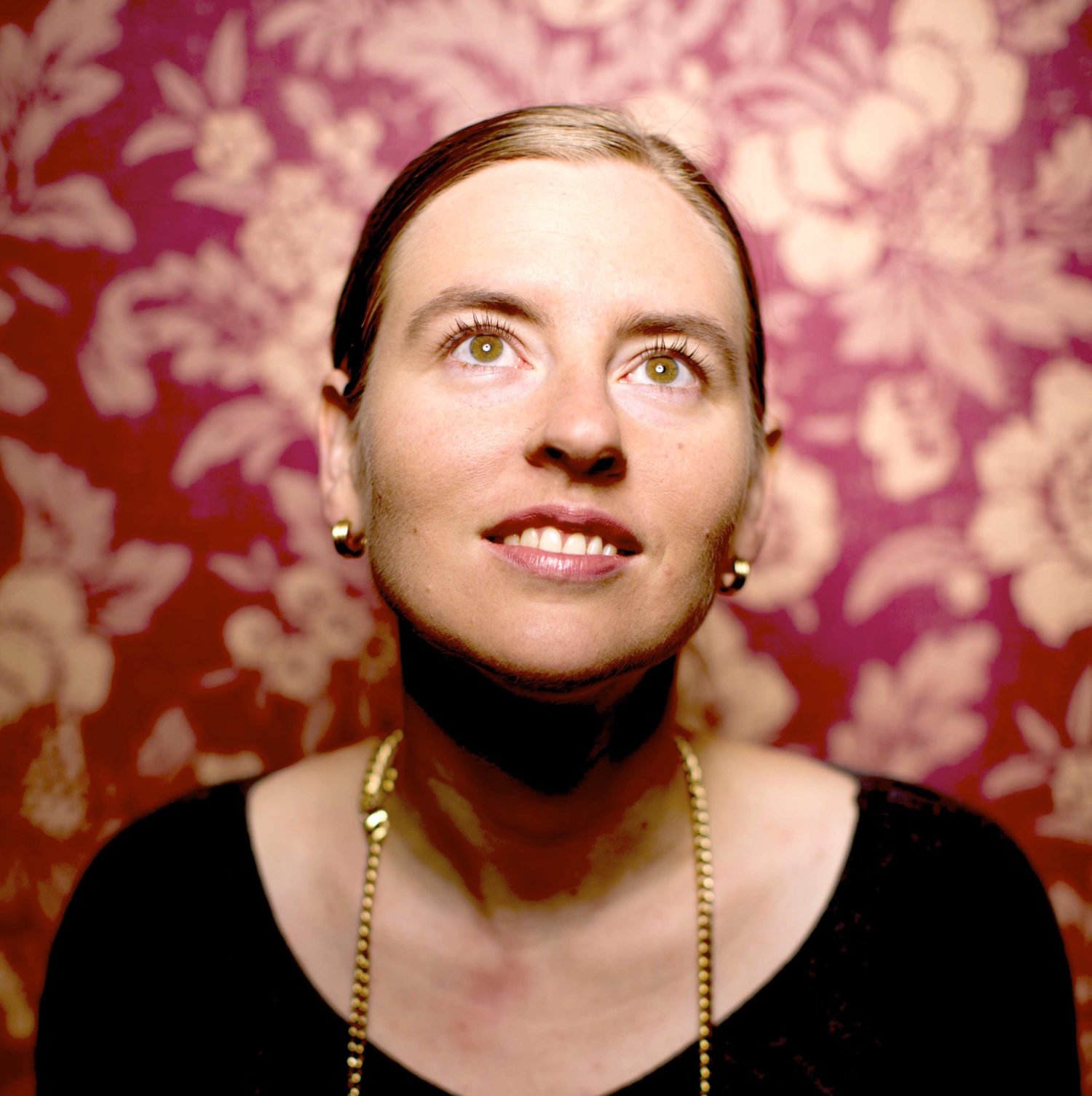American Museum of Natural History
Climate Control
American Museum of Natural History 56 West 81st St., New York, NY, United StatesIn this SciCafe, join Kevin Uno, associate professor in the Department of Human Evolutionary Biology at Harvard University, for a discussion on the ways in which humanity’s need to control its own environment has led to dire impacts on global climate and where do we go from here.
At the Root of Human Hair
American Museum of Natural History 56 West 81st St., New York, NY, United StatesIn this in-person talk, biological anthropologist Dr. Tina Lasisi teases out the mysteries behind why humans have scalp hair and why we may have developed different hair textures as we've evolved.
The Evolution of the Human Mind – CANCELED
American Museum of Natural History 56 West 81st St., New York, NY, United StatesNOTICE: After careful consideration, we have decided to cancel this event. It will be rescheduled for a later date.
The Evolution of the Human Mind – CANCELED
American Museum of Natural History 56 West 81st St., New York, NY, United StatesNOTICE: After careful consideration, we have decided to cancel this event. It will be rescheduled for a later date.
The Raw Truth About Cooking
American Museum of Natural History 56 West 81st St., New York, NY, United StatesRachel Carmody explains how processing increases the calories we extract from food, ways this practice has given humans an evolutionary edge, and why it may present challenges for our present and future.
The Raw Truth About Cooking
American Museum of Natural History 56 West 81st St., New York, NY, United StatesRachel Carmody explains how processing increases the calories we extract from food, ways this practice has given humans an evolutionary edge, and why it may present challenges for our present and future.
Primate Palate: Orangutans, Obesity, and Human Evolution
American Museum of Natural History 56 West 81st St., New York, NY, United StatesHow can studying what orangutans eat help us better understand the obesity epidemic in humans? Dr. Erin Vogel shares her research on wild orangutans in the tropical forests of Sumatra and Borneo, illuminating how their diet, behavior, and metabolism can provide insights into the human condition.
Primate Palate: Orangutans, Obesity, and Human Evolution
American Museum of Natural History 56 West 81st St., New York, NY, United StatesHow can studying what orangutans eat help us better understand the obesity epidemic in humans? Dr. Erin Vogel shares her research on wild orangutans in the tropical forests of Sumatra and Borneo, illuminating how their diet, behavior, and metabolism can provide insights into the human condition.
Stress and Human Evolution
American Museum of Natural History 56 West 81st St., New York, NY, United StatesHow does stress “get under the skin” to influence health? What about our evolutionary history causes our bodies to respond in this way? This talk will explore these questions by describing the biological mechanisms through which early life stress exposures influence later life biology and health.
Stress and Human Evolution
American Museum of Natural History 56 West 81st St., New York, NY, United StatesHow does stress “get under the skin” to influence health? What about our evolutionary history causes our bodies to respond in this way? This talk will explore these questions by describing the biological mechanisms through which early life stress exposures influence later life biology and health.
How “Paleo” is Your Diet?
American Museum of Natural History 56 West 81st St., New York, NY, United StatesJoin molecular anthropologist Christina Warinner as she explores how scientists are reconstructing the ancestral human microbiome to better understand the lives and health of our ancestors and whether the popular “paleo” diet has any relation to real human history.
How “Paleo” is Your Diet?
American Museum of Natural History 56 West 81st St., New York, NY, United StatesJoin molecular anthropologist Christina Warinner as she explores how scientists are reconstructing the ancestral human microbiome to better understand the lives and health of our ancestors and whether the popular “paleo” diet has any relation to real human history.
